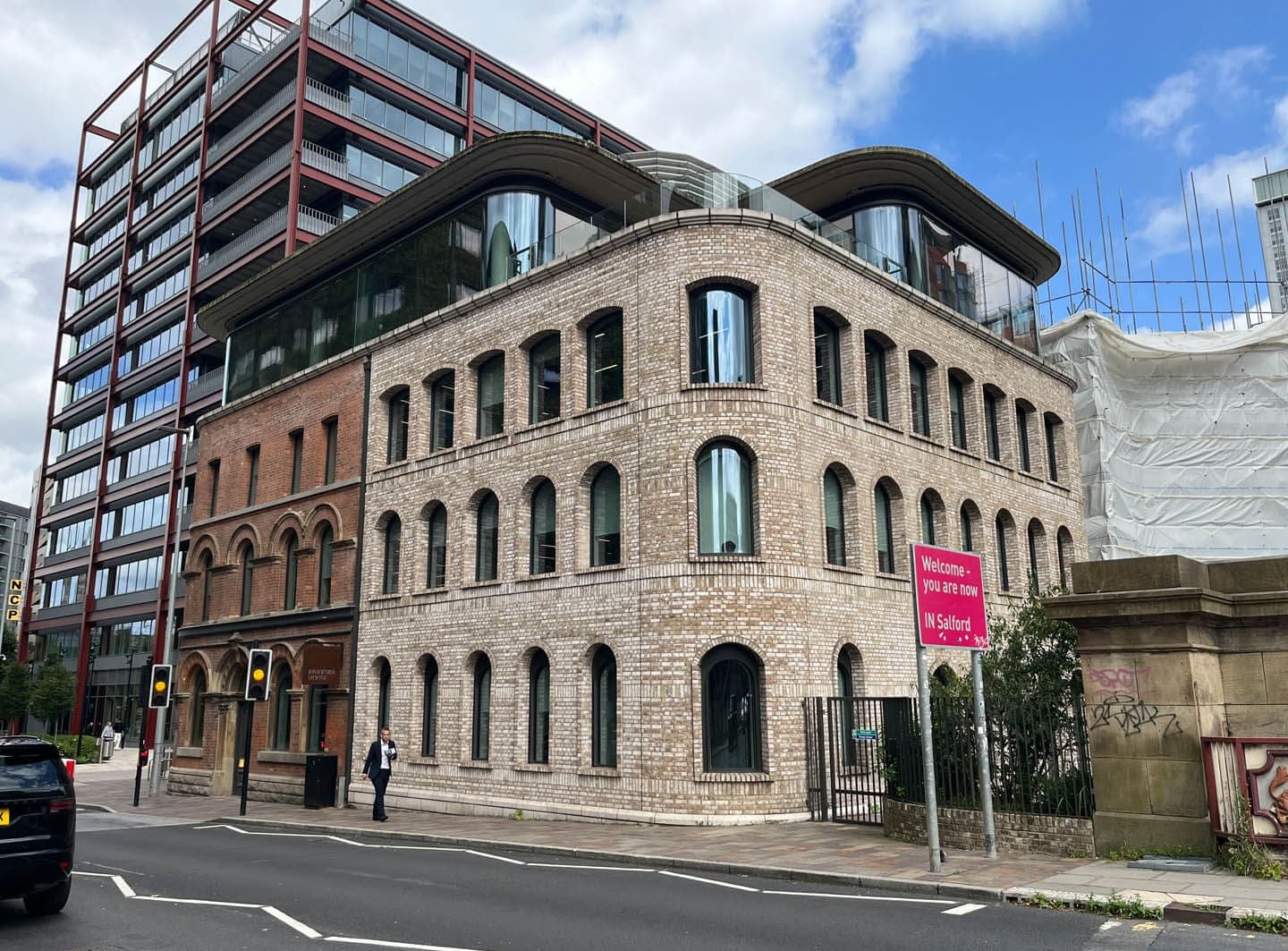Whether you are a Building Owner, Investor or Developer, our specialist chartered surveyors will ensure the Act is correctly administered and any disputes quickly resolved. Our core services include:
- Pre-planning advice / consultation, including site assessments, desktop reviews and site surveys to identify where the Act applies.
- Consultation with affected owners and adjoining owner’s surveyor.
- Preparation and service of valid Party Wall notices.
- Negotiating and finalising Party Wall Awards.
- Preparation of Schedules of Condition to safeguard the parties’ interests.















